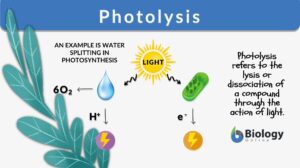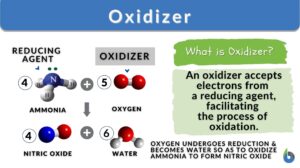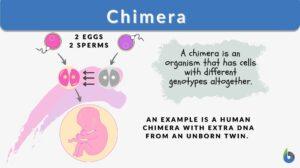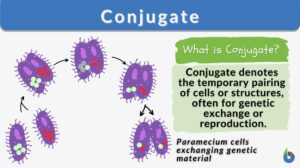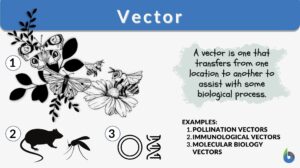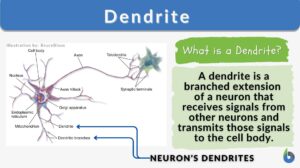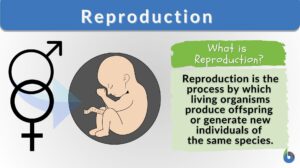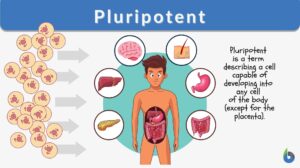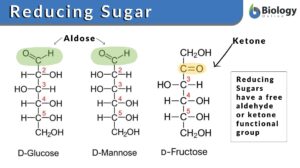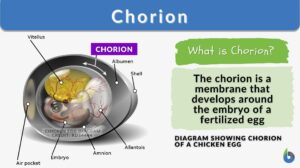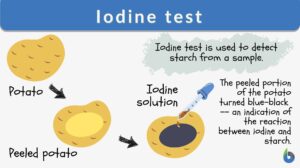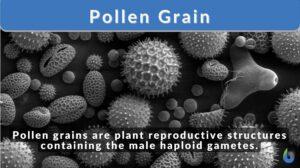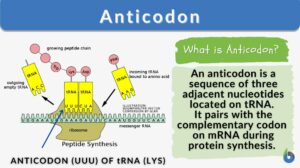Search Results for: transfer
Gene transfer
Definition noun, plural: gene transfers The transfer of genes between organisms Supplement Gene transfer pertains to the... Read More
Vertical gene transfer
Definition noun (genetics) The transfer of genes from parents to offspring Supplement Gene transfer refers to the movement... Read More
Transfer ribonucleic acid
Definition noun plural: transfer ribonucleic acids trans•fer ri•bo•nu•cle•ic ac•id, ˈtɹænsfɝ... Read More
Conjugation
Conjugation generally means the joining or coming together (union), such as in certain unicellular organisms (some bacteria,... Read More
Transferase
Definition noun, plural: transferases (biochemistry) An enzyme that catalyzes the transfer of a functional group from one... Read More
Photolysis
Photolysis Definition We define photolysis as a chemical process in which chemical compounds or molecules are split into... Read More
Thermophile
Thermophiles Definition What are thermophiles? Let us first understand the literal meaning of the word ‘thermophile’.... Read More
Transposition
Definition noun, plural: transpositions (genetics) The transfer of a segment of DNA from one site to another of a... Read More
Light-dependent reaction
Many organisms, such as green plants, convert light energy into chemical energy through the mechanism of photosynthesis. In... Read More
Nucleic acid
Nucleic Acid Definition A nucleic acid refers to any of the group of complex compounds consisting of chains of monomers of... Read More
Reproduction
Reproduction Definition Reproduction is a biological phenomenon of producing offspring/s. i.e. more of its kind. Depending... Read More
Phosphorylation
Phosphorylation Definition We can define phosphorylation as a biochemical process in which a phosphate molecule is added to... Read More
Pluripotent
Pluripotent Definition What is pluripotent? In biology, the term "pluripotent" means capable of developing into... Read More
Reducing sugar
Reducing Sugar Definition What is reducing sugar? The type of sugar that acts as the reducing agent and can effectively... Read More
Inherited traits
What are Inherited Traits? The characteristics or traits that are passed from parents to offspring are known as inherited... Read More
Chemiosmosis
Chemiosmosis Definition What is chemiosmosis? In biology, chemiosmosis refers to the process of moving ions (e.g. protons)... Read More
Cellular respiration
Cellular Respiration Definition What is cellular respiration in simple terms? Cellular respiration can be defined simply as... Read More
Fermentation
Fermentation Definition What is fermentation? Fermentation is the breaking down of sugar molecules into simpler compounds... Read More
Iodine test
Iodine Test Definition The iodine test is a chemical reaction-based identification test for starch. In this test, iodine... Read More
Pollen Grain
What are Pollen Grains? Plants are unique structures and so they carry out mechanisms in special ways. Fertilization in... Read More
Photosynthesis
Photosynthesis is a physio-chemical process carried out by photo-auto-lithotrophs by converting light energy into chemical... Read More
Genetic Information and Protein Synthesis
Genetic Code Genes are sequences of DNA nucleotides that carry and transmit the information specifying amino acid sequences... Read More
Hfr bacterium
Definition noun, plural: Hfr bacteria A bacterium that possesses the F factor integrated into the bacterial genome, hence,... Read More
Sonoporation
Definition noun A mechanical method of delivering molecules into the cell using sound, e.g. ultrasonic... Read More
Hfr strain
Definition noun A strain of bacterial that possesses the F factor integrated into the bacterial genome, hence, when it... Read More
Ribonucleic acid
Ribonucleic Acid Definition noun (uncountable), ribonucleic acids ri·bo·nu·cle·ic ac·id, raɪboʊnjuːkliːɪk... Read More


